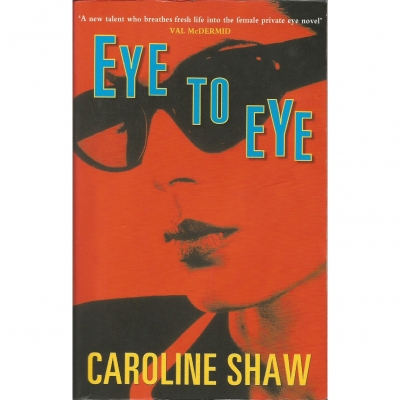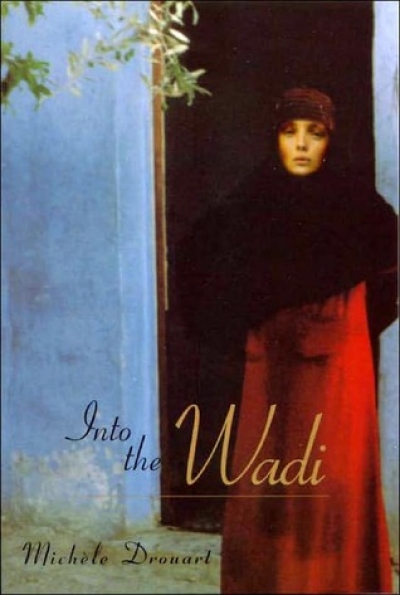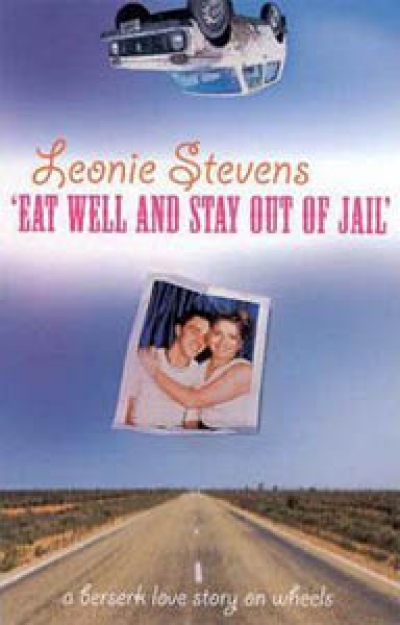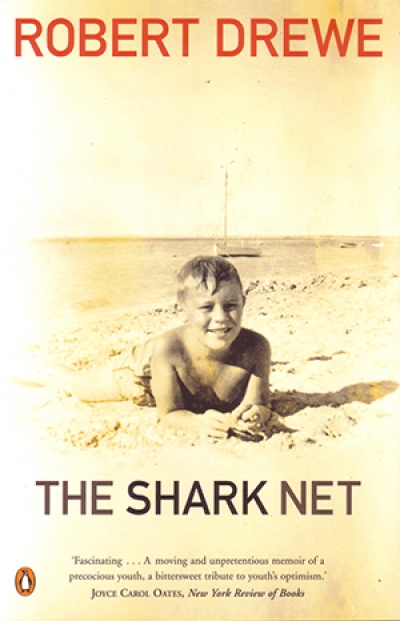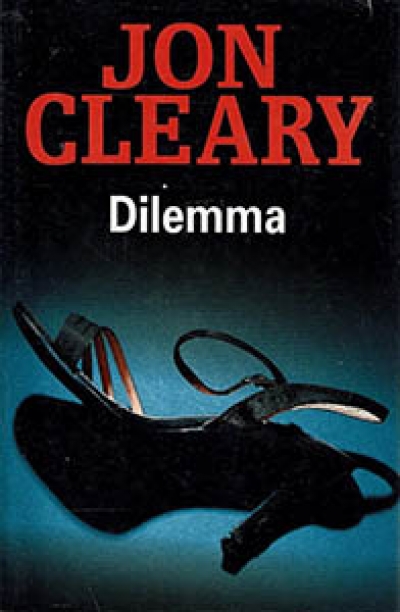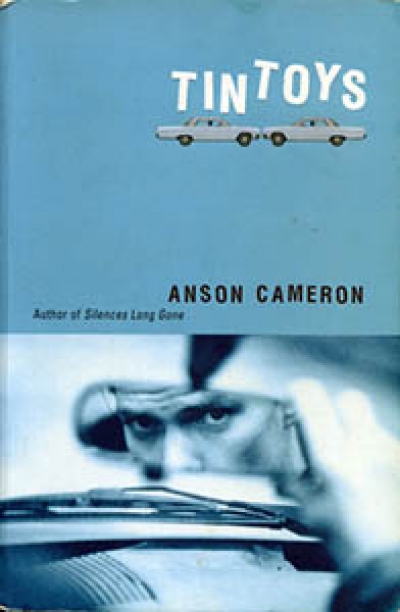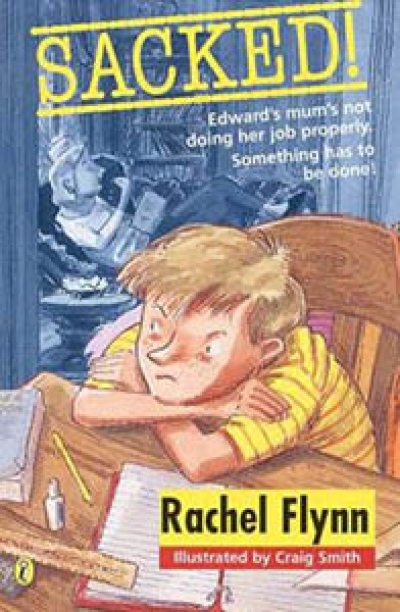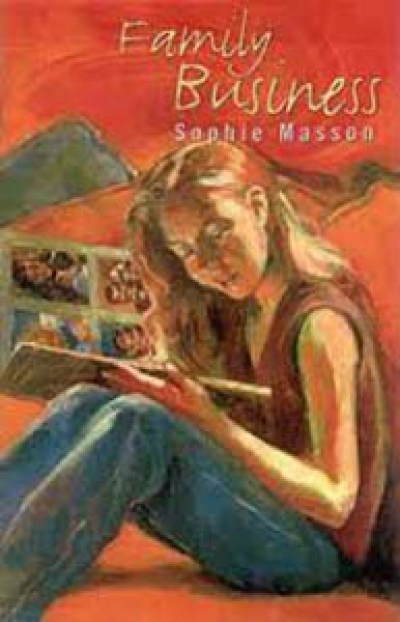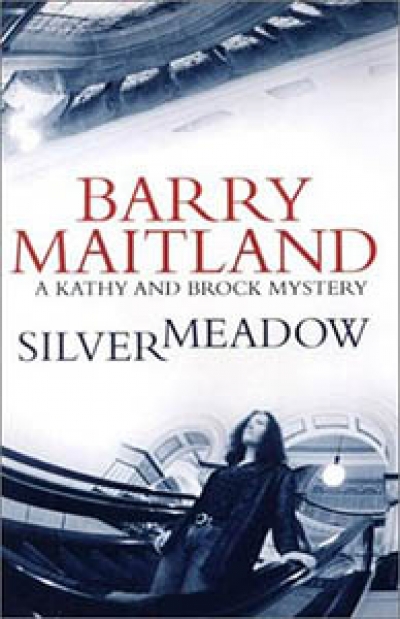Australian Fiction
A Symposium on the state of Australian Fiction with McKenzie Wark, Katharine England, and James Bradley ... (read more)
Eat Well and Stay Out of Jail by Leonie Stevens & Perfect Skin by Nick Earls
by Linda Jaivin •
Tin Toys by Anson Cameron & Stormy Weather by Michael Meehan
by David Matthews •
Sacked! by Rachel Flynn, illustrated by Craig Smith & Footy Shorts by Margaret Clark
by Stella Lees •
Family Business by Sophie Masson & The Rented House by Phil Cummings
by Ruth Starke •
Silver Meadow by Barry Maitland & An Uncertain Death by Carolyn Morwood
by Sue Turnbull •

